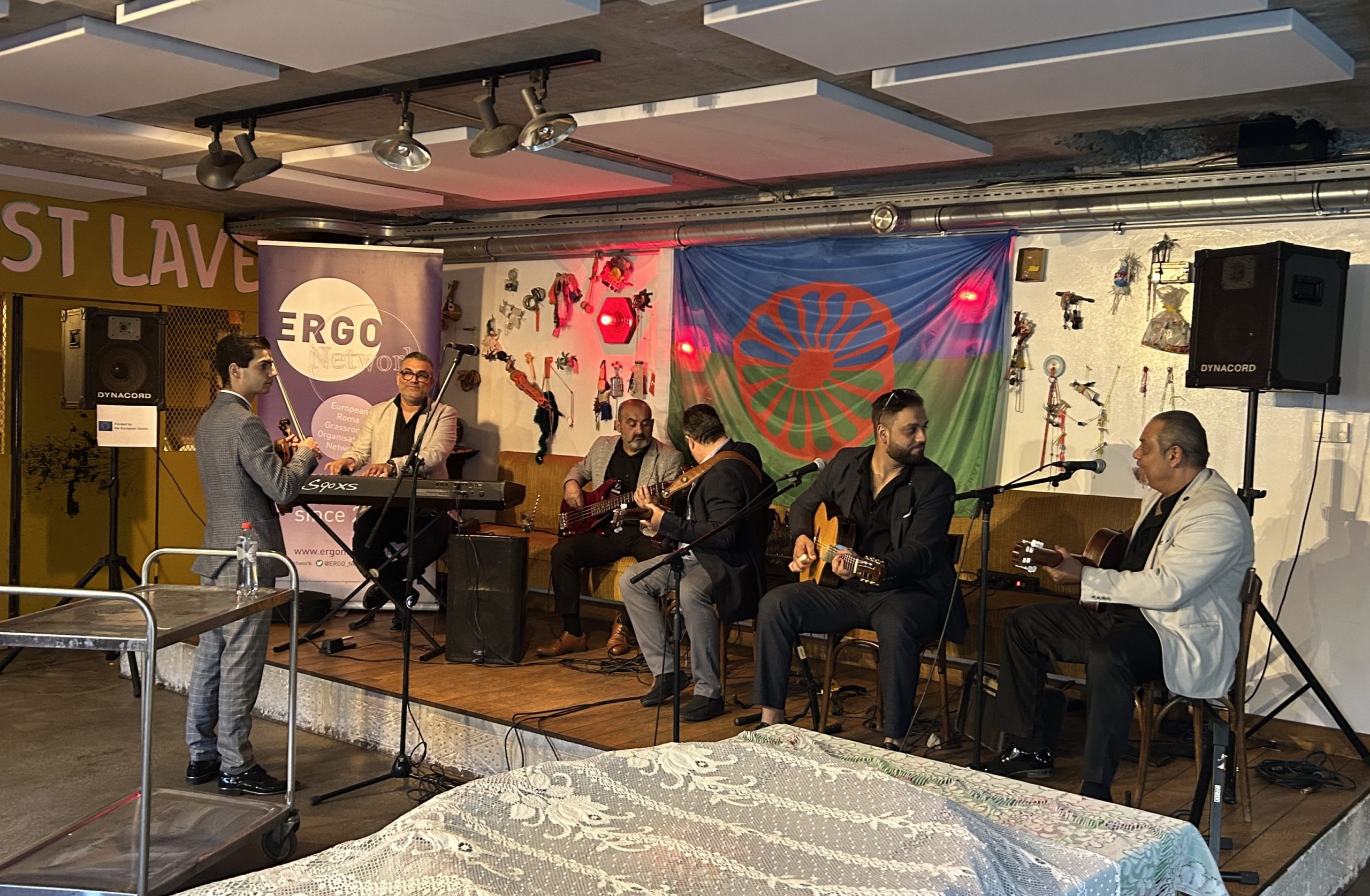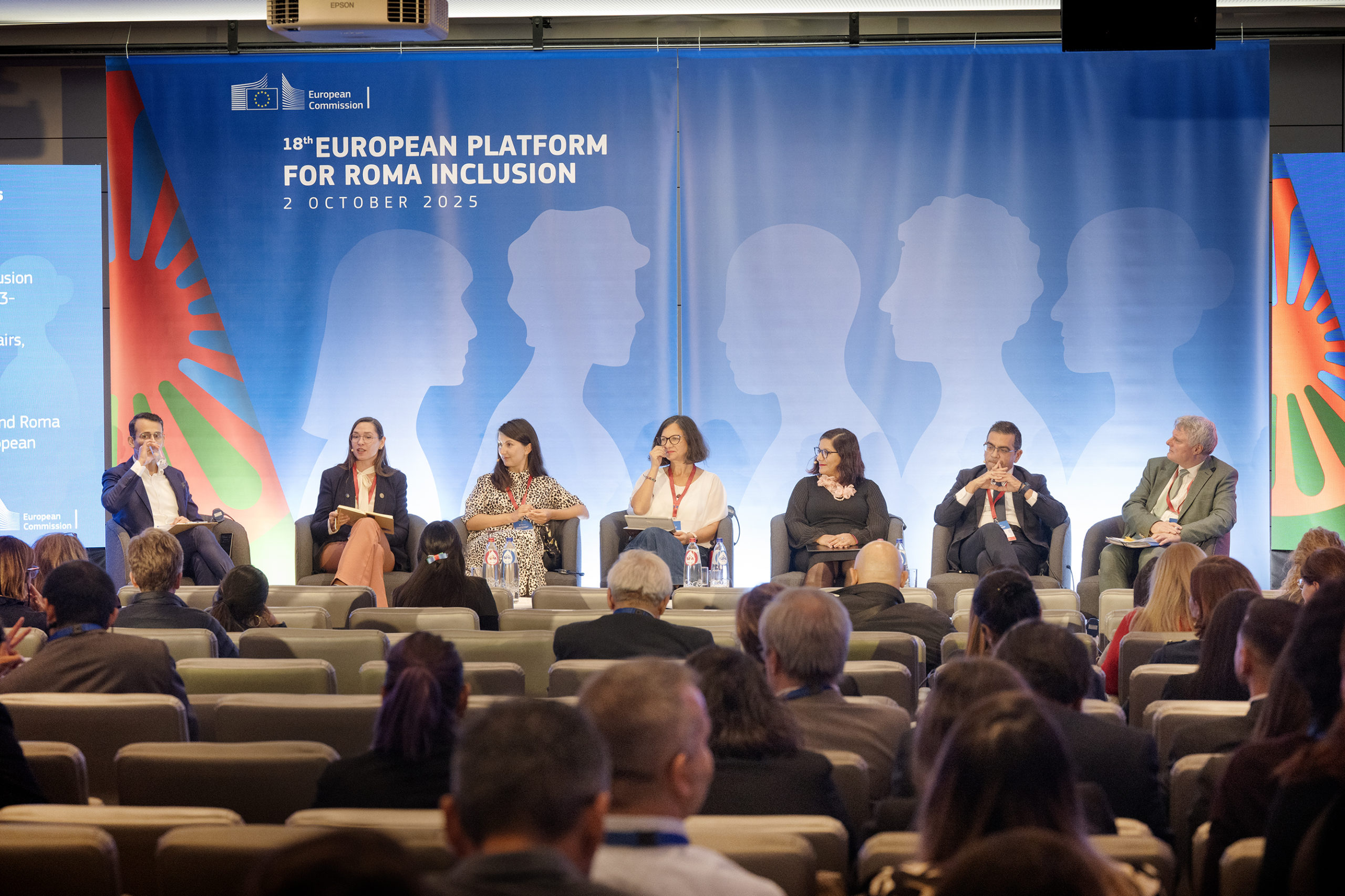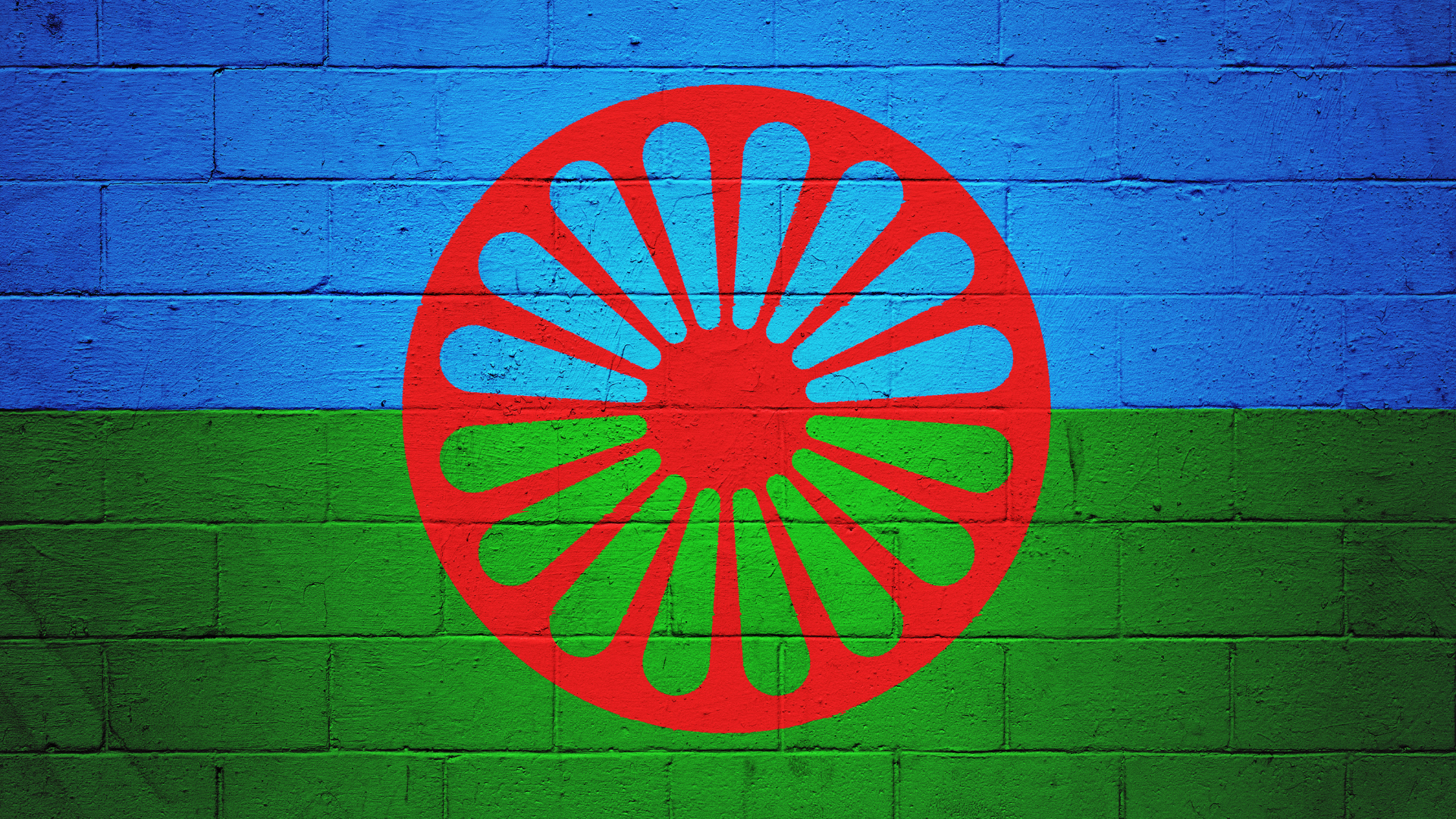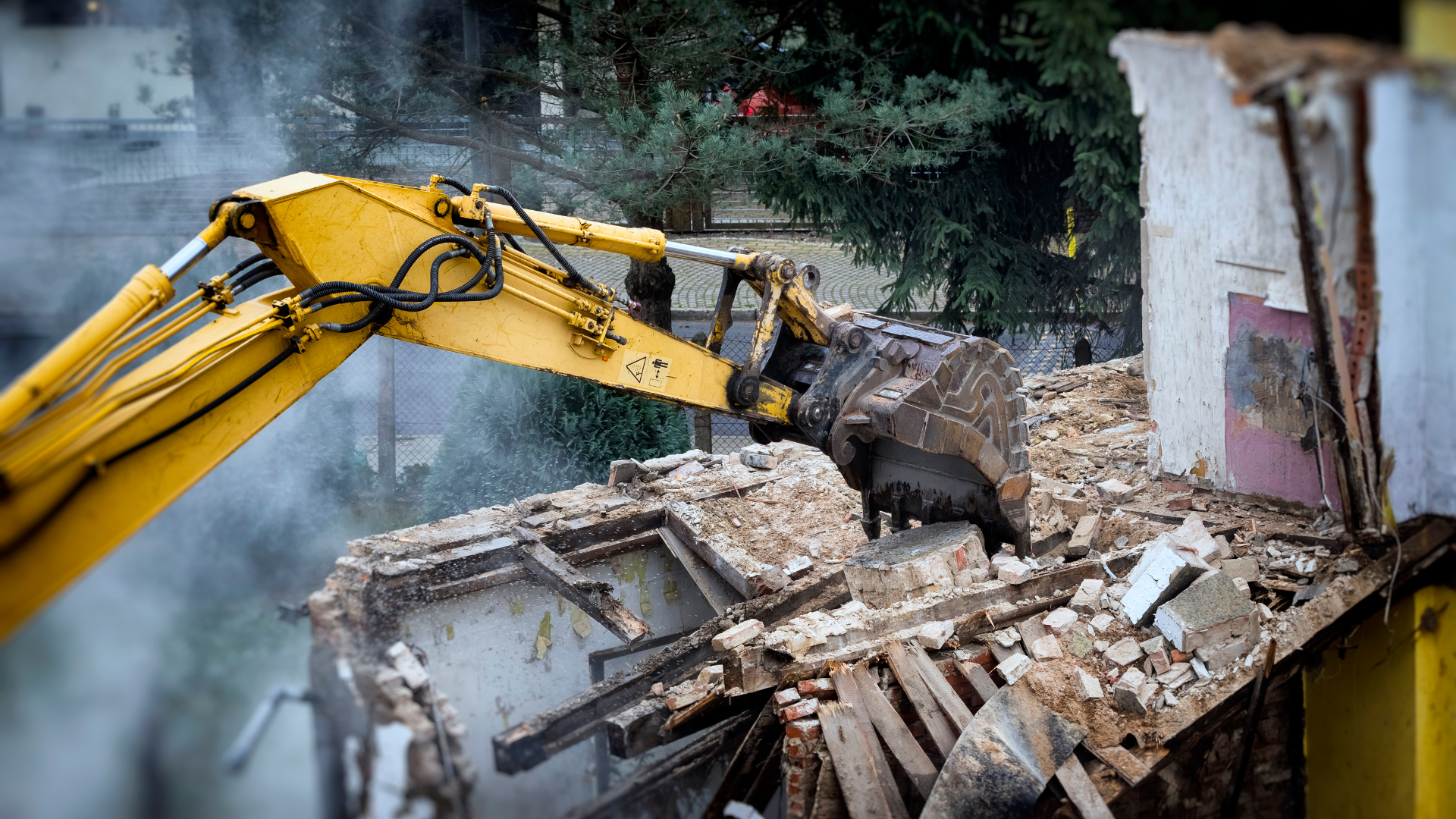Opre Roma! - A journey through Roma Heritage Month
A blog by Kristiana Stoyanova, Eurochild Policy and Advocacy Officer for Child Poverty.
As spring unexpectedly warmed the cobblestone streets of Brussels this April, I found myself immersed in "Opre Roma!" month – the Council of Europe's designation celebrating Roma History, Language and Culture. Working in children's rights and social inclusion, I consider myself someone with a good understanding of the challenges facing Roma communities - but this month opened even further my eyes on the topic – as it is intended.
The month began on April 1st with an online debate on "National Perspectives on Transitional Justice" during EU Roma Week. What many expected to be a standard policy discussion moderated by Isabela Mihalache from ERGO quickly turned far more profound when speakers shared accounts of systematic sterilisation programmes targeting Roma women continuing into the 1990s and the destruction of Roma settlements that unfortunately still occurs today, despite Council of Europe Human Rights Court decisions.
For people from Eastern European countries, like me coming from Bulgaria, these discussions often confront uncomfortable gaps in our collective historical knowledge. Many never learned about five centuries of Roma slavery in Romania or the specific targeting of Roma communities during the Holocaust - what Roma call "Porrajmos" or "the Devouring." These massive injustices have been practically erased (or never recorded?) from our collective consciousness.
The next day, during the 19th Dialogue Meeting between the Council of Europe and Roma and Traveller-led CSOs, two sessions particularly moved me. One focused on data collection challenges, where a researcher's words resonated deeply: "We cannot address problems we refuse to measure." During the session on democratic participation, I emphasised that these skills should be developed from childhood, not just at voting age, and shared the methodology of Social Labs I learned last month at our Peer to Peer workshop on the EU Child Guarantee, where community members co-create solutions for problems relevant to them.
The presentation of Roma Versitas Albania's Roma political schools provided inspiration for me with their work training Roma youth in leading political campaign strategies and public speaking. Their goal of electing Roma representatives reinforces the notion that representation matters in ways statistics alone cannot capture.
Perhaps most affecting was the International Roma Day celebration on April 8th. After a day full of policy discussions, participants entered venues filled with traditional Roma music and cultural performances. A special atmosphere of togetherness emerged as everyone participated, acknowledging challenges while celebrating culture and heritage. These human connections - bridging cultures, generations, and backgrounds - demonstrated how artistic expression can be both celebration and resistance.
This month isn't just about attending events; it's about confronting collective blind spots. Statistics and policy papers gain faces, voices, and stories. Reports on Roma, such as Eurochild’s 2024 sub-report on Roma children in Europe, become informed not just by data but by lived experiences and cultural wealth that many are privileged to encounter.
Together, we can ensure that Roma Heritage Month isn't just a yearly commemoration but a catalyst for lasting change. Here is a few suggested actions I invite you to take:
- Educate yourself about Roma history and culture. The gaps in our collective knowledge are not accidental but systemic.
- Amplify Roma voices in your community and professional spaces. Support Roma-led organizations and initiatives.
- Challenge stereotypes when you hear/face them. Small conversations can drive significant cultural shifts.





